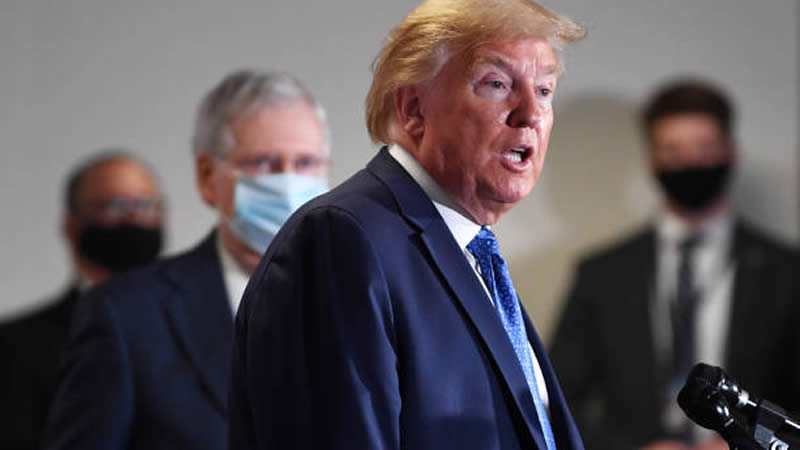In a recent New York Times op-ed, American linguist John McWhorter challenges the view that former President Donald Trump’s unusual behavior is a sign of mental decline, arguing instead that Trump’s actions are a product of boredom. McWhorter, a professor at Columbia University, contends that Trump’s increasingly theatrical approach is not a symptom of dementia, as some have speculated, but a result of his restlessness and desire for self-stimulation.
McWhorter notes that Trump’s rallies have taken an unconventional turn, with moments like spending 40 minutes swaying to music rather than delivering a focused speech. “I’m not even sure that turning a rally over to 40 minutes of swaying to music is a sign of disinhibition,” McWhorter writes, attributing this shift to Trump’s disregard for the “rules of polite society.” For McWhorter, such behavior doesn’t point to cognitive decline but rather indicates that Trump’s previous controversial antics no longer provide him with the excitement they once did.
“Your past transgressions, however much they appalled the keepers of order, no longer give you the cheap thrills they used to,” he suggests. McWhorter argues that Trump’s motivation for pursuing the presidency is less about a sense of duty and more about personal gain. Citing observations from the Washington Examiner.
McWhorter asserts that Trump’s aim has never been to serve the public; rather, the former president “seeks the presidency not to serve the people, a job he clearly finds onerous and unengaging, but to serve, in various ways, himself.” According to McWhorter, Trump’s need for attention and constant validation drives his campaign, and the presidency is merely a platform for him to maintain his public persona.

The linguist highlights Trump’s linguistic style as further evidence of his self-indulgence. Trump’s frequent use of words like “truly, very, really, and actually,” McWhorter explains, demonstrates his inclination toward exaggeration and extravagance. This pattern, McWhorter suggests, reflects Trump’s underlying need to keep himself entertained rather than a genuine engagement with political discourse.
“Everything we’re seeing more of in Trump — the cussing, the going on too long almost as if seeking a better high, the exaggerating, the recreational name-calling, the references to genitals — makes sense as someone turning up the volume to keep himself entertained,” he explains. For McWhorter, Trump’s behavior is not about appealing to his loyal base, as they have remained steadfast, but about fulfilling his own need for stimulation.
McWhorter concludes his analysis by suggesting that Trump’s behavior should not be seen as evidence of a cognitive issue but rather as a calculated attempt to re-enter the White House for personal reasons. “What many see of late as crazy is just him champing at the bit to get into office so that he can use it for his mentally maleficent ends,” he warns, suggesting that Trump’s intentions may be more troubling because they are calculated rather than chaotic.
McWhorter’s op-ed offers a different perspective on Trump’s behavior, suggesting that his actions reflect not mental decline but rather a strategic indulgence in spectacle to maintain his interest. For McWhorter, Trump’s pursuit of the presidency remains a personal endeavor, driven by the thrill of self-promotion and the power of the platform rather than any genuine intent to serve.

